These New Puritans are not interested in maintaining “defining traits.”) Here, they seem more like a modern classical ensemble than the quote-unquote band they once were; composers Hans Ek (who scored the music to the original Swedish version of Let the Right One In), Philip Sheppard, and Michel van der Aa wrote with Jack on the album, along with an enormous cohort of session musicians largely sourced and conducted by Andre de Ridder, who collaborated with the band on their expanded, orchestral live shows in late 2011.

Produced by Jack and Graham Sutton, Field of Reeds has an eerie, serene melodic purity that recalls Talk Talk arranging a Benjamin Britten piece, though executed with a vanguard approach: its silvery tone comes courtesy of a magnetic resonator piano never before used in commercial recordings, along with a set of 24 chromatically pitched Thai “nipple” gongs, the wings of a real Harris hawk, and the sound of smashing glass. The unsettling feel continues with forlorn singing from Jack, a decidedly non-angelic children’s choir, basso profundo vocal tremors from Adrian Peacock (who has the lowest known voice in Britain), and Portuguese Fado vocalist Elisa Rodrigues.
Written in Essex and Amsterdam, recorded in London, Berlin, and Gloucester, it’s an unnervingly emotional record that manages to conjure the misty flats off the band’s native Essex coast as much as the ominous feel easily associated with traditional “Berlin records.” Although Jack says there’s no intentional link between Field of Reedsand its predecessor, it seems to make sense as the stilled aftermath of Hidden‘s battlefields, his lyrical focus moving from vast topics like nature and numerology to a more intimate enclave.
“We drove a lot of people mad making this album.”

